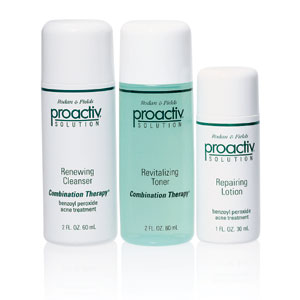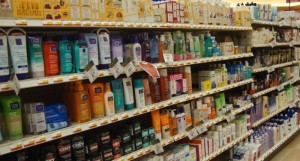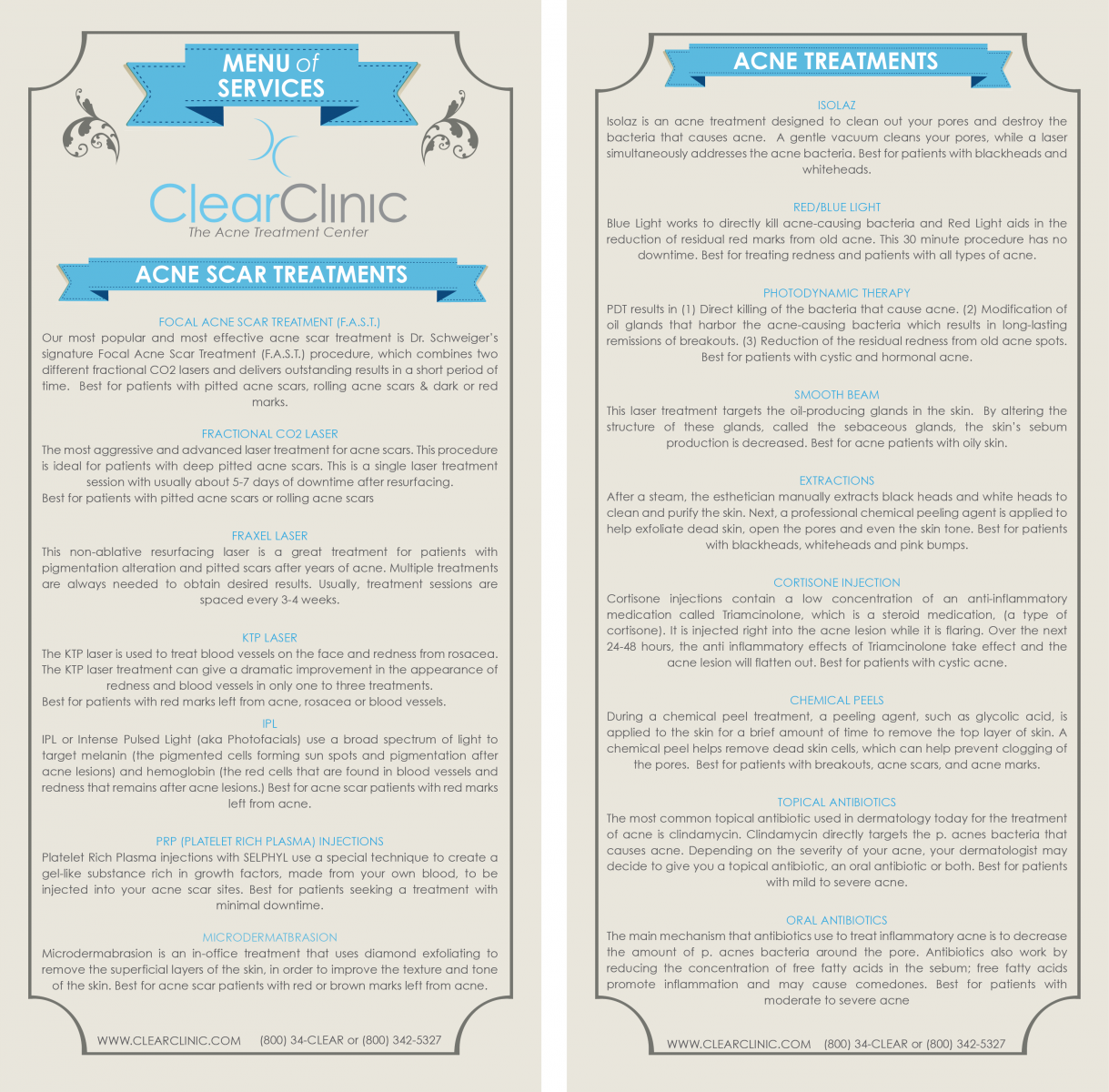FAQ about Acne – Frequently Asked Questions About Acne
 Acne is one of the most common conditions seen in medicine – nearly 100% of people will experience acne to some degree during their lifetime! It is important to know a few facts about acne, in order to best prevent and treat acne breakouts.
Acne is one of the most common conditions seen in medicine – nearly 100% of people will experience acne to some degree during their lifetime! It is important to know a few facts about acne, in order to best prevent and treat acne breakouts.
Here are the most frequently asked questions about acne that we receive at the Clear Clinic:
What Causes Acne?
Acne is caused by a combination of factors. When sebum accumulates in the follicle, this forms a microcomedone, which attracts the p. acnes bacteria that causes acne. Many things, including hormonal influences, can cause the overproduction of sebum.
How Can I Get Rid of a Pimple Quickly?
The fastest way to get rid of a pimple is to see your dermatologist for a quick cortisone injection. This tiny injection of an anti-inflammatory medication will flatten out a pimple within 24-48 hours.
Is There a Cream to Get Rid of Acne Scars?
There is no cream that gets rid of pitted acne scars. The most effective treatment for acne scars is fractional laser resurfacing. We recommend treatment with the Fractional CO2 laser or the Fraxel laser. Other acne scar treatments include dermal fillers, subcision, and chemical peels.
Is Acne Contagious?
Acne is not contagious. Most people naturally have the p. acnes bacteria on their skin. Acne forms when there is a clogged follicle to attract the p. acnes bacteria.
Will I Grow Out of My Acne?
It is important to treat even mild teenage acne, in order to prevent permanent scarring. Some people do not grow out of their acne, some people do, and some people develop acne for the first time as an adult. Regardless of when your acne presents, its important to treat it and not simply wait for it to pass.



 Our patients commonly ask us, “Does Proactiv work?” It seems easy enough: you order it online, open the box, complete the three steps. And the truth is that it does sometimes work. However, Proactiv isn’t always effective enough for all people.
Our patients commonly ask us, “Does Proactiv work?” It seems easy enough: you order it online, open the box, complete the three steps. And the truth is that it does sometimes work. However, Proactiv isn’t always effective enough for all people.
